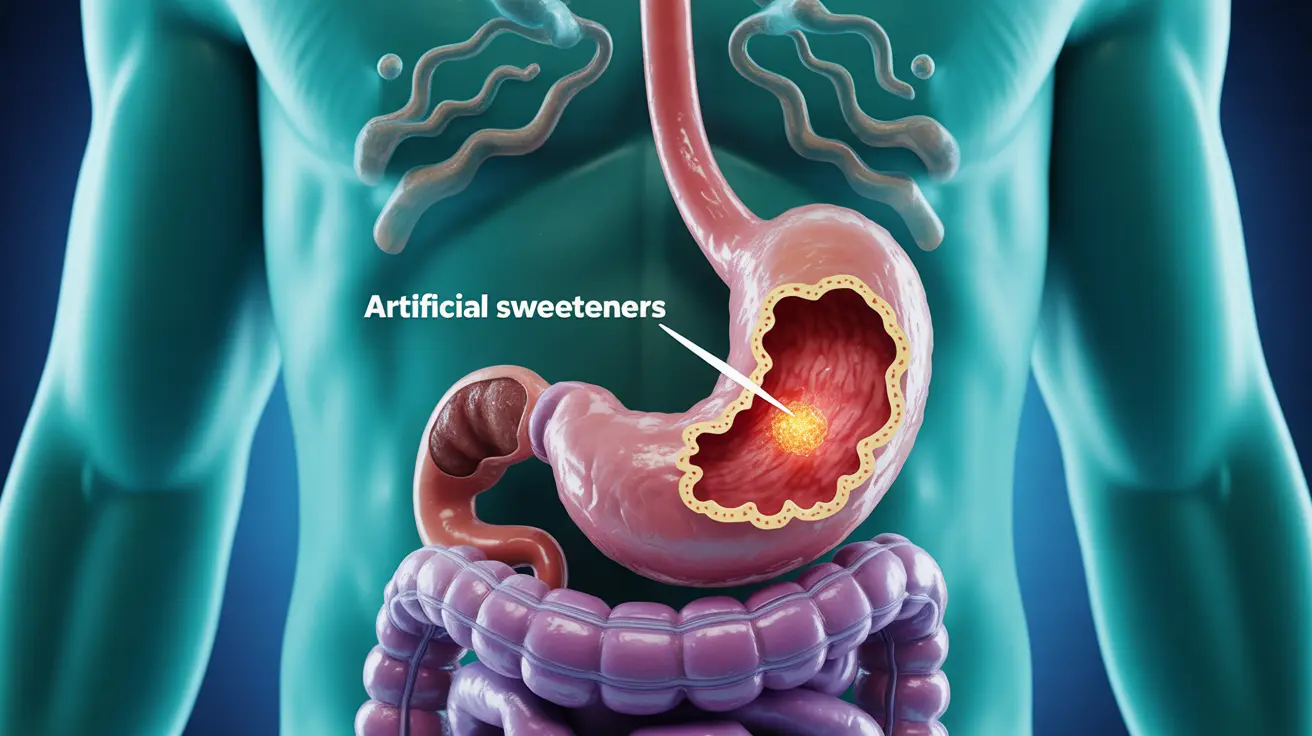Many people turn to diet soda as a calorie-free alternative to regular soft drinks, but consuming too much can lead to various health concerns. Understanding the symptoms and effects of excessive diet soda consumption is crucial for making informed decisions about your beverage choices and protecting your long-term health.
If you regularly drink diet soda, being aware of potential warning signs can help you recognize when it's time to cut back. From digestive issues to headaches, these symptoms often serve as important indicators that your diet soda habit may be affecting your health.
Digestive System Disruption and Gut Health
Diet sodas contain artificial sweeteners that can significantly impact your digestive system. These sugar substitutes may alter the balance of gut bacteria, leading to uncomfortable symptoms and digestive issues.
- Bloating and gas
- Stomach cramps
- Changes in bowel movements
- Increased acid reflux
- General digestive discomfort
Neurological Effects and Headache Patterns
The artificial sweeteners and caffeine in diet sodas can trigger neurological responses, particularly affecting those sensitive to these compounds. Regular consumption may lead to:
- Frequent headaches or migraines
- Dizziness
- Anxiety symptoms
- Sleep disturbances
- Increased nervousness
Impact on Bone and Dental Health
The phosphoric acid present in most diet sodas can interfere with calcium absorption and affect bone density over time. Additionally, the acidic nature of these beverages poses significant risks to dental health.
- Weakening of tooth enamel
- Increased tooth sensitivity
- Higher risk of cavities
- Potential bone density reduction
- Greater risk of dental erosion
Metabolic Changes and Weight Management
Despite being calorie-free, diet sodas can affect your metabolism and weight in unexpected ways. Research suggests that artificial sweeteners may:
- Alter blood sugar regulation
- Increase sugar cravings
- Affect insulin sensitivity
- Potentially contribute to weight gain
- Impact metabolic syndrome risk
Long-term Health Considerations
Regular consumption of diet soda has been associated with several long-term health concerns that deserve attention:
- Increased risk of type 2 diabetes
- Higher likelihood of cardiovascular issues
- Potential kidney problems
- Changes in taste perception
- Possible addiction-like behaviors
Frequently Asked Questions
What are the common symptoms that indicate I might be drinking too much diet soda?
Common indicators include frequent headaches, digestive issues like bloating and acid reflux, increased sugar cravings, sleep problems, and dental sensitivity. Regular jitters or anxiety symptoms may also signal excessive consumption.
How does drinking a lot of diet soda affect gut health and digestion?
Excessive diet soda consumption can disrupt gut bacteria balance, leading to bloating, gas, and irregular bowel movements. Artificial sweeteners may alter the gut microbiome, potentially affecting digestion and overall gut health.
Can excessive diet soda consumption cause headaches or migraines, and why?
Yes, the combination of artificial sweeteners and caffeine in diet sodas can trigger headaches and migraines in sensitive individuals. These compounds can affect blood vessel dilation and neurotransmitter activity in the brain.
What are the risks of diet soda on bone health and dental enamel?
Diet sodas contain phosphoric acid, which can interfere with calcium absorption and weaken bone density over time. The acidic nature of these beverages can erode dental enamel, leading to tooth sensitivity and increased cavity risk.
How does diet soda contribute to weight gain, diabetes risk, and cravings for sweets?
Although calorie-free, diet sodas may increase sugar cravings and affect insulin sensitivity. The artificial sweeteners can trigger hormonal responses that may lead to increased hunger, potentially contributing to weight gain and diabetes risk over time.




